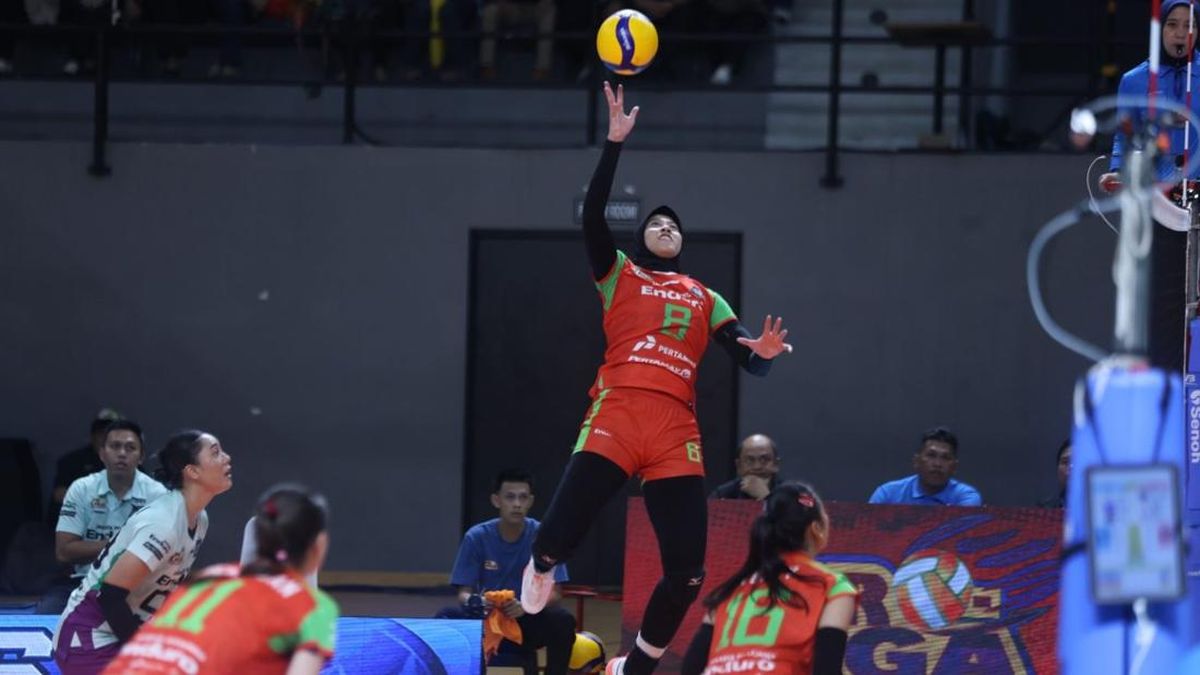A 12-year-old girl who fell pregnant while in state custody and has suffered significant domestic violence throughout her childhood has been granted an abortion by the Supreme Court of Queensland.
The girl, identified in court documents as ‘G’, visited her doctor earlier this year when she suspected she was pregnant. A scan in early July confirmed she was five weeks and six days gestation.
She was referred to a Queensland hospital, and sought a termination at seven weeks.

Earlier this year, another 12-year-old girl was granted an abortion by the Supreme Court. Credit: Toby Crockford
The hospital took the girl’s case to the Supreme Court, with concerns she was not competent enough to provide informed consent around having the surgical procedure. Under law, known as the Gillick standard, children can make decisions about their healthcare, provided they completely understand the procedure. In 2018, Queensland decriminalised abortion.
The girl, who has lived in residential care since October 2024, and been the subject of an interim child protection order, sought advice from a Queensland hospital after having taught herself online about termination methods, according to court documents.
The 16-year-old father of the baby is unaware of the pregnancy and the girl is not in contact with him after a falling-out.
“She, sadly, has a child protection history record going back to 2012, which is the year of her birth,” Justice Melanie Hindman wrote in her decision, explaining the girl has suffered significant domestic violence in her home.
Her father is also the subject of a domestic violence order. The girl’s mother has mental health and substance abuse issues, and Hindman said it appeared both parents had not made much progress to enable the girl to return safely home.
The girl’s mother was initially unsupportive of the girl, texting her to the effect that she had shamed the family.
“It is unfortunate that that was the mother’s initial reaction because, as I understand it, she had previously denied G’s requested access to contraceptives,” Hindman said.
The girl’s mother described having a “guttural reaction” to the pregnancy, but said she was now fully supportive of her daughter, and willing to help.
Her mother said she was supportive of the pregnancy being terminated, while the girl’s father has apparently been informed through Child Safety of the pregnancy.
Medical staff who assessed G noted that she had appeared to be suppressing her feelings, and then lashing out, but confirmed she could cope more with the termination, than having the baby.
“She reportedly continues to vape, smoke cigarettes and cannabis when available and drink alcohol. She has reportedly ceased chroming,” the documents read.
“She has some history of absconding from care, but at least on some occasions has absconded back to her mother, which is obviously a lesser concern than absconding generally out into the public.”
Her doctors supported G’s request for termination. However, the hospital applied to the Supreme Court with concerns over whether the girl was Gillick-competent.
Medical staff expressed that the girl was not Gillick-competent, and there was a risk if she were not, the performance of the procedure without court orders would be unlawful.
In assessing her competency in making the decision, Hindman noted how the girl’s young life had been marred by domestic violence, her relationship with her parents was poor, and she was enrolled in school but had not been attending recently.
The girl had been consistent in expressing she did not wish to have a baby, Hindman said.
“She had, in fact, been teaching herself about termination options online prior to the first appointment with the obstetrician.”
But doctors held concerns when the girl commented during a second appointment that although she was listening to them, she also said “as I hear what you are saying, it disappears”.
Hindman said while she was not satisfied the girl was Gillick-competent, she intended to exercise the court’s parental jurisdiction, assessing what was in G’s best interest.
She found there was a grave risk to the girl’s and the baby’s physical health, she did not have the emotional maturity to deal with a pregnancy, there would be considerable psychosocial impacts on her, which may exacerbate her substance abuse issues.
Hindman also placed very significant weight on G’s wishes.
“I do think that in a general way, although not to the level that the law requires, she is capable of making this decision for herself,” Hindman said.
The girl was expected to undergo the surgical operation by early last month.
Earlier this year, another 12-year-old girl, known as ‘E’, was also granted an abortion by the Supreme Court.
Most Viewed in National
Loading


















































